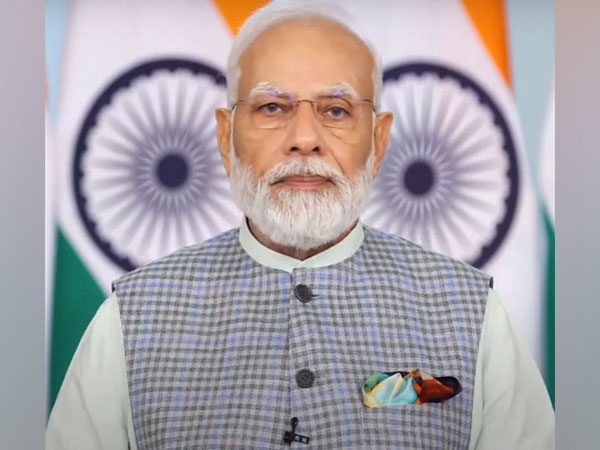Tensions Rise Despite Ceasefire Between Nuclear Neighbors
Pakistan and India recommit to a ceasefire after recent intense fighting, but tensions persist with Pakistan rejecting India's Prime Minister Modi's recent aggressive comments. Both countries have expelled diplomatic officials, and the situation remains fragile as both sides disagree over recent military engagements and accusations of terrorism sponsorship.

In the wake of escalating tensions, Pakistan reaffirmed on Tuesday its commitment to the recent ceasefire with India, following a strenuous four-day conflict. Despite the truce, Islamabad vowed to respond decisively to any future aggression from New Delhi. The ceasefire, brokered with U.S. engagement, marks the end of the most severe fighting witnessed in nearly 30 years.
Islamabad's resolute stance came in reaction to Indian Prime Minister Narendra Modi's inflammatory speech, where he threatened renewed strikes on alleged terrorist sites in Pakistan. Pakistan's foreign ministry vehemently denied these claims, labeling Modi's declarations as dangerously provocative amidst efforts for regional peace.
The conflict, which saw both nations exchange missile and drone fire targeting military sites, was a response by India to what it described as a terror attack originating from Pakistani territory. The dispute further strained diplomatic ties, as each country expelled diplomats. With past conflicts over the contentious Kashmir region resurfacing, the potential for further escalation remains high.
(With inputs from agencies.)
ALSO READ
Trump's Gulf Tour Sparks AI and Diplomacy
Tennis Diplomacy: Pope Leo XIV and Jannik Sinner Make Peace on Court
Defence Minister Rajnath Singh to review overall situation in Jammu and Kashmir: Officials.
Widespread Violations Against Women and Girls in Sudan Amid Ongoing Conflict
Trump's Diplomacy Overdrive: Gulf Allies, Military Hardware, and a New Middle Eastern Order










